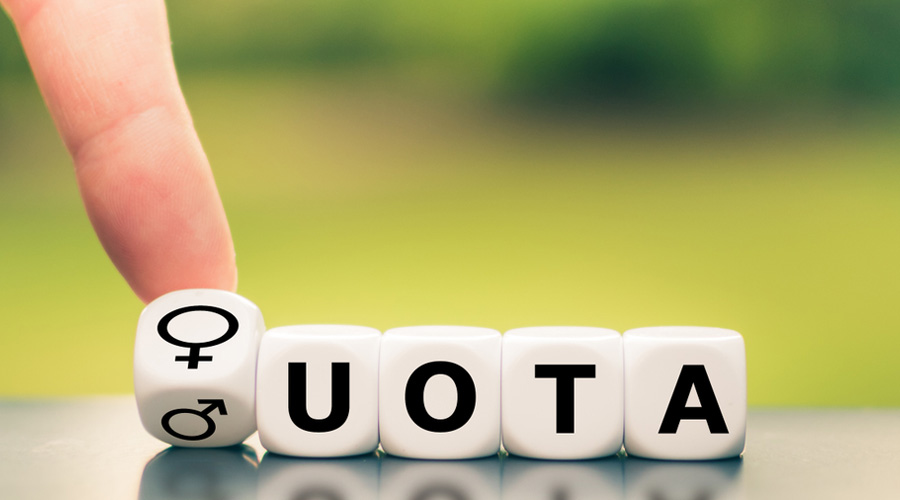A scholar on social justice has urged caste Hindus to oppose the Economically Weaker Sections quota, arguing that reservation for any segment of the dominant castes runs counter to the idea of equality.
The appeal from Abhay Kumar, guest faculty with the non-collegiate women’s education board at Sri Guru Gobind Singh College of Commerce under Delhi University, comes at a time the Supreme Court has reserved its verdict on a batch of petitions challenging the constitutionality of the EWS quota.
Kumar’s appeal may be construed as a call against any uproar in case the verdict is unfavourable to the 10 per cent EWS quota, which is essentially reservation for poor dominant-caste Hindus.
The academic, who did his PhD on Muslim personal law from JNU and belongs to the Brahmin caste, has issued his appeal through a video uploaded on YouTube. “Reservation is meant to ensure representation. At present, caste Hindus are heavily represented in both government and private jobs, and in educational institutions. Dalits, tribals and OBCs are under-represented,” Kumar told The Telegraph.
He has two main arguments against the EWS quota.
One, that according to the Constitution, social and educational backwardness — as opposed to economic backwardness — is the sole criterion for reservation. Unlike the Scheduled castes, Scheduled tribes and the other Backward Classes, even the poorest among the dominant castes were never marginalised and are not socially and educationally backward, he said.
Two, although the EWS quota has been carved out of the general category, it has led to a decrease in the representation of the disadvantaged sections.
Data shows that a small segment of candidates from the deprived sections, particularly the OBCs, does manage to get into the general merit list, mostly occupying its lower portions.
With the EWS quota slashing the proportion of unreserved seats from 50.5 per cent to 40.5 per cent, the general merit list has become shorter, cut off from the bottom, reducing these candidates’ chances of making it.
Kumar said that legitimate affirmative action for the poor among the dominant castes —as for the poor from any caste — would be for the government to expand its welfare programmes, such as opening new educational institutions, adopting policies that create jobs, and offering scholarships.
In the Supreme Court, the petitioners have, like Kumar, argued that the Constitution mandates reservation only for the socially and educationally backward and not the poor.
The Narendra Modi government, which enacted the EWS quota just before the 2019 general election, has maintained that it is an affirmative action that does not affect the existing reservation for the SCs, STs and OBCs.
Kumar said the entrenched bias among the dominant castes was leading to successful quota candidates being rejected in the final selection — for jobs or college seats — under the pretext of “not found suitable (NFS)”.
“Those who sit in high positions often think only of their own caste interest. A society fragmented by caste inculcates and perpetuates prejudices and inequality among children,” Kumar said. “As a result, the entry of the socially marginalised communities into top-order jobs, like those in university faculties and the civil services, face obstructions.”
Kumar’s allegations are corroborated by a report from the government's Committee on the Welfare of SCs and STs in July. It said that Dalit and tribal students are often deliberately failed in the MBBS exams at the premier All India Institute of Medical Sciences, New Delhi, out of caste bias.
Kumar also complained that the government was privatising public undertakings, thereby undermining reservation.











